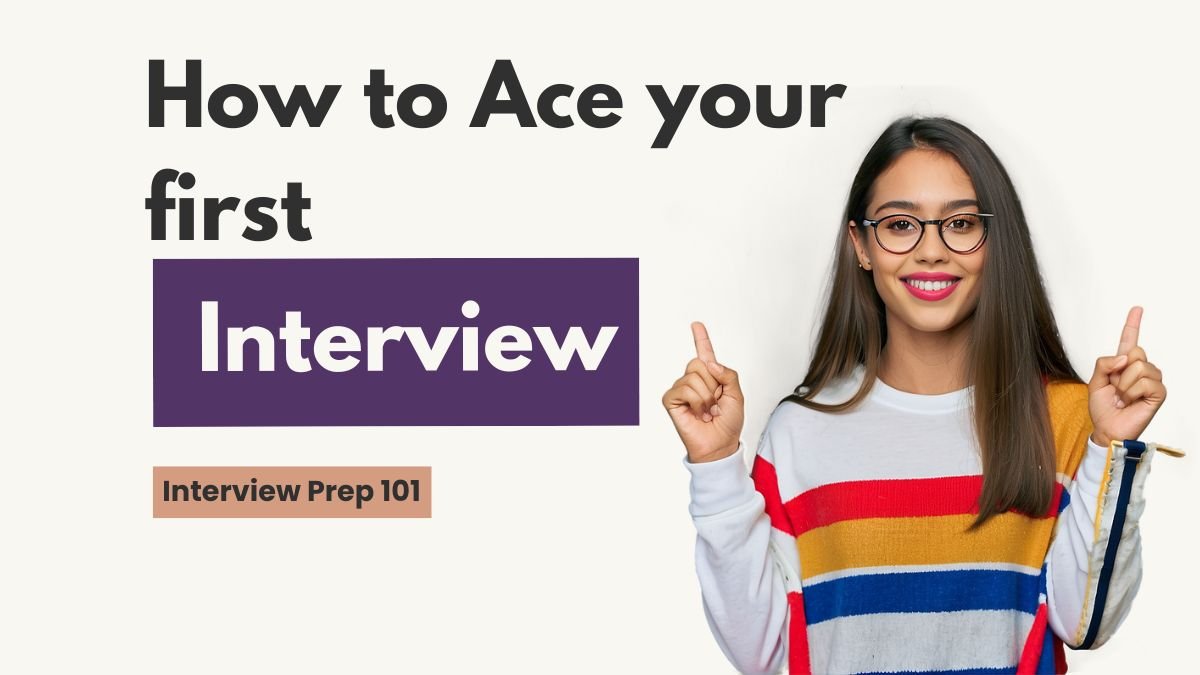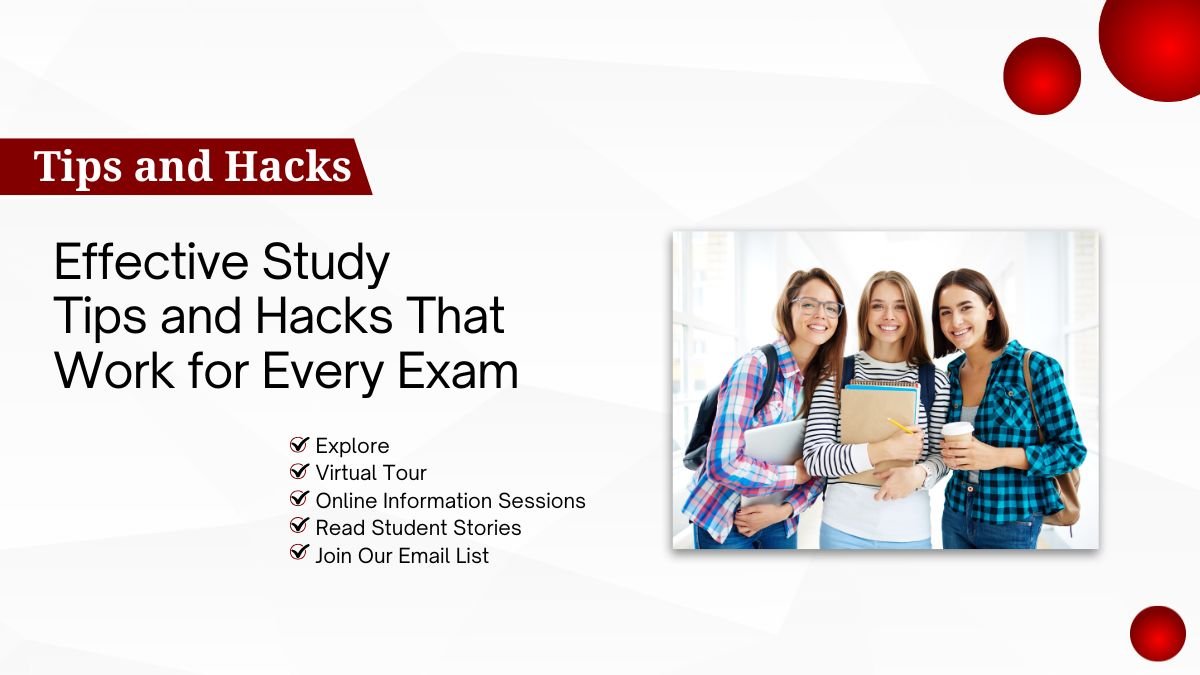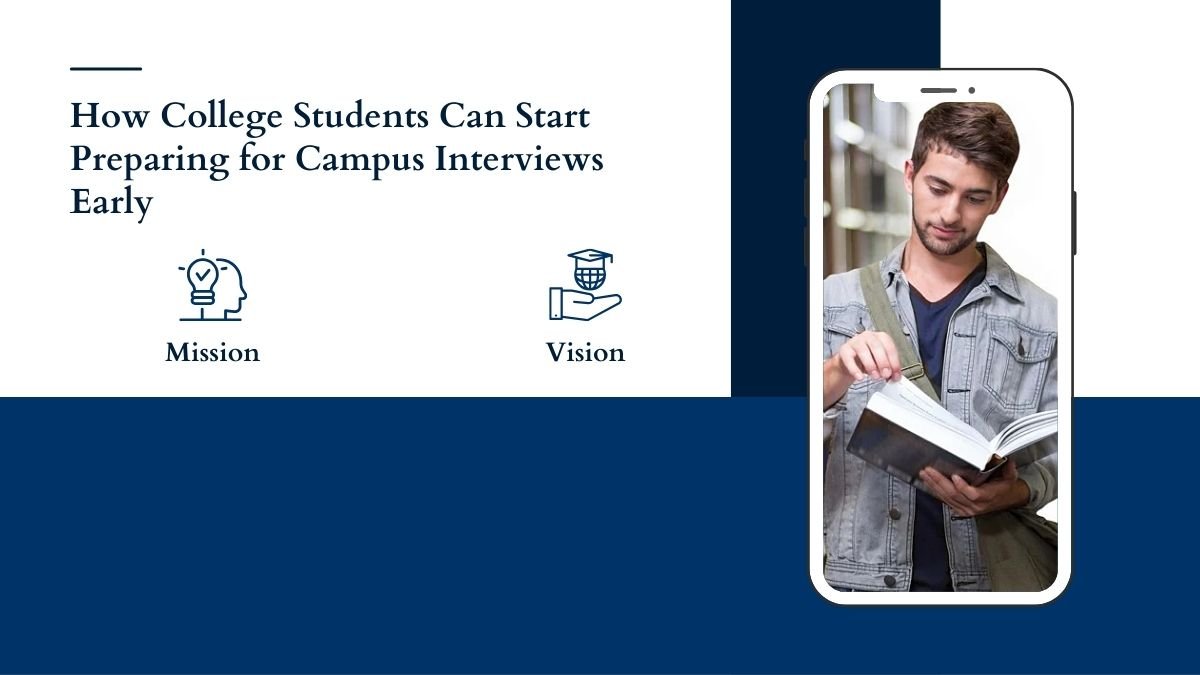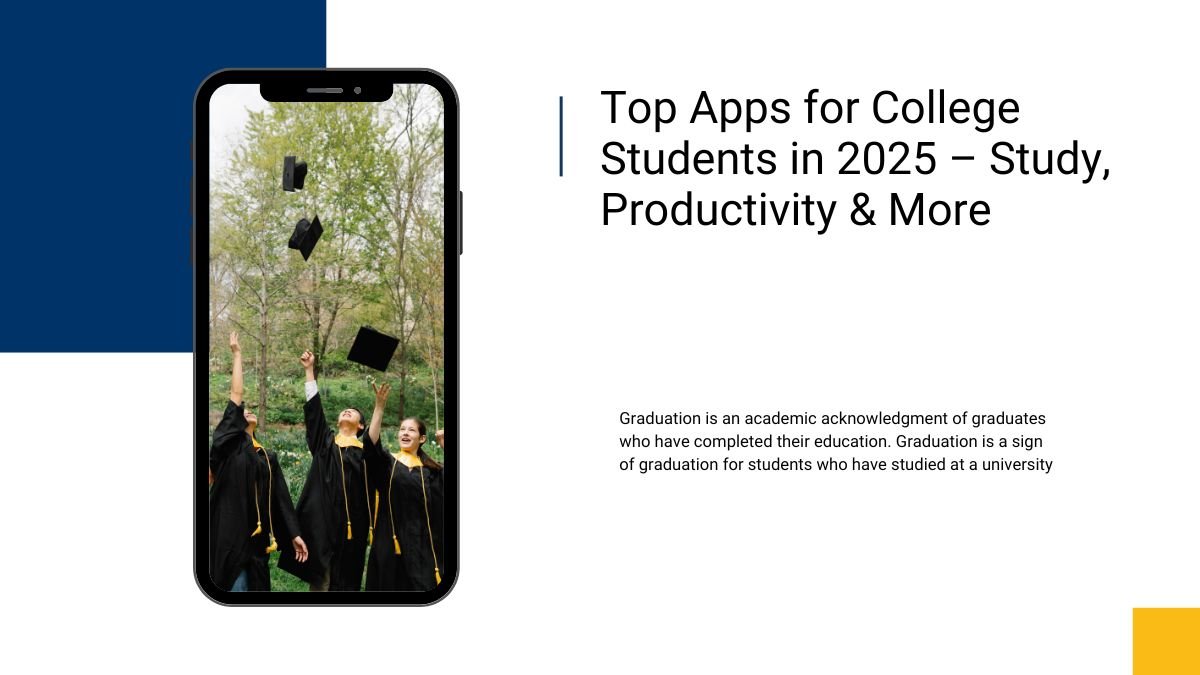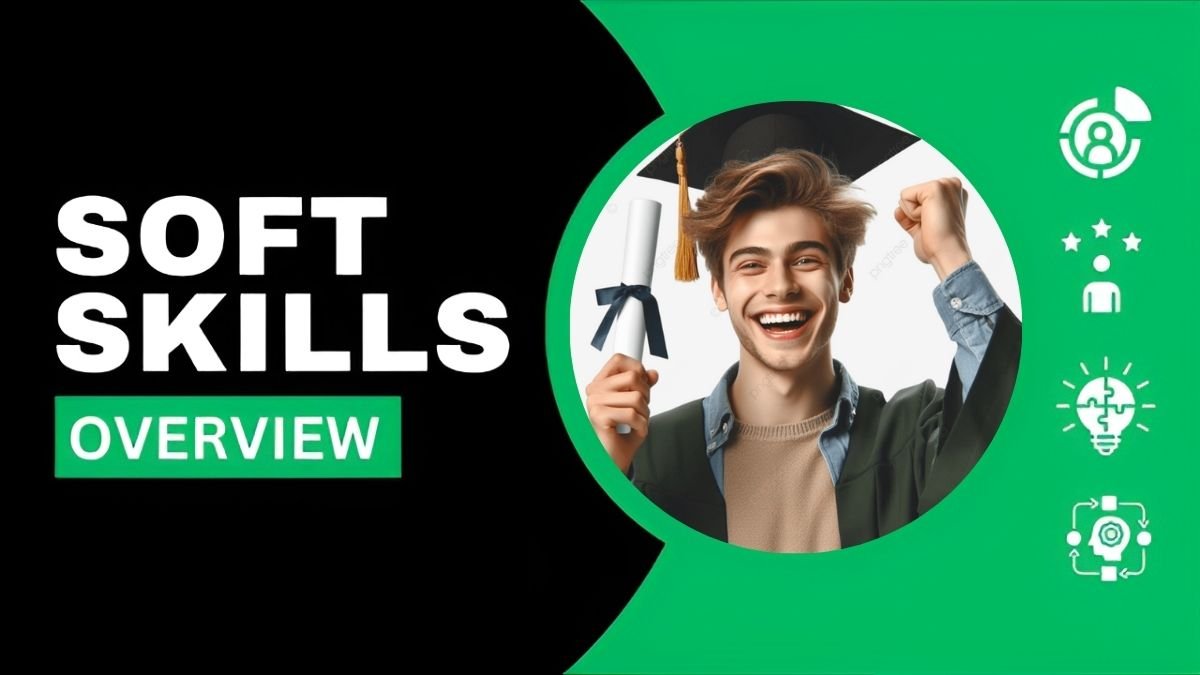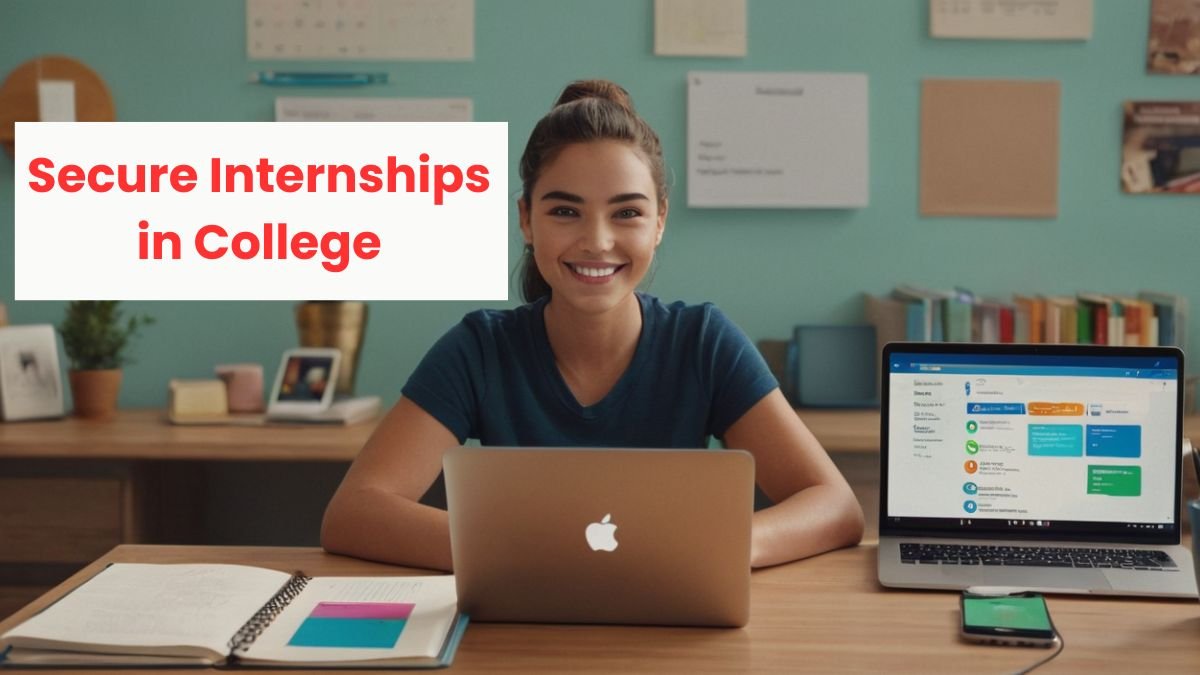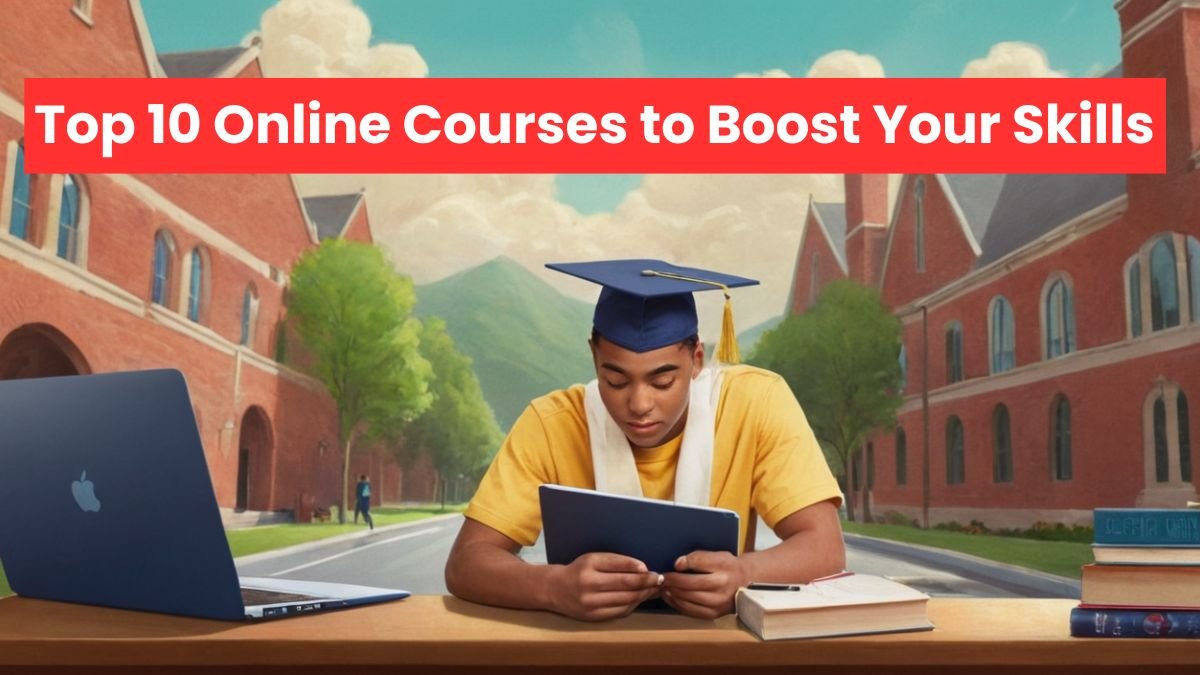Congratulations! You have secured an interview opportunity. This may be your first or initial job interview, but good preparation can make the journey a successful one. The guide below will get you all prepared—with the help of your recruitment consultant available, if necessary.
Let’s take a look at Interview Prep 101 as a complete guide to how you can prepare.
Before the Interview
- Plan the route and travel
On the first day, there may be obstacles like traffic, metro or train delays. So check the route beforehand. Take time to check Google Maps or the RTA website for alternate routes so that there are no travel delays. - Read the job description carefully
Detailed screening of the job for which you are interviewing is important. Most interviewers ask questions in that context. So, understand the job title, responsibilities, required skills and attitude carefully. - Keep office location and contact information
Know whom to meet on arrival, which room to go to. If you need help from On Target Recruitment Consultant (or your agency), keep their phone number with you. This will help in case of any unexpected situation.
From arrival to interview room
- Make a first impression
Behave respectfully and politely with the first security guard, receptionist or anyone else you meet in the office. Your first impression should be positive. - Opportunity to talk while going to the interview room
Sometimes you have to walk to the interview room yourself. During this, engage in conversation – you can discuss topics like office building, industry, company’s product, founder etc. This builds rapport and reduces stress. - Keep a folder of documents ready
Keep extra copies of your resume, any certificate, internship document etc. Keep it ready and that will be very helpful while they ask you questions from their ends.
During the Interview
- Listen to the questions carefully
Answer the question asked in the interview. Sometimes we start giving the same answer which we had practiced, but the question is not clear. So listen to the question carefully and answer according to the question. - Pay attention to body language
Sit straight, do not bend your shoulders forward, keep your hands open. Uncomfortable posture shows less confidence. - Do not interrupt the conversation
If you miss any important information in the middle, write down a note and ask at the end. Speaking in the middle can create distance from the competition. - State your uniqueness
When you’re the person for the job, don’t shy away from making your case for why you’re better than the rest. Have it – short and crisp – bursting with self-confidence. - Give a glimpse of your fit in the team
Employers also care how you will fit in their office and team. Your nature, behavior, professional attitude—all these can make a difference.
STAR Method: A strong method of Competency-Based Interview
The technique of Competency-based or Behavioral Interview requires you to show how you reacted to a situation by giving examples of your past experiences. The most effective way to do this is the STAR method:
- S – Situation
Set the example of the question in a concise form. For example, “One of my clients was very dissatisfied because the order did not arrive on time.” - T – Task
What did you have to do in this situation? “I took the role of convincing the client and tried to improve the deadline.” - A – Action
What did you do—explain in good points. “First I calmed the client down, then understood the reason for the problem, kept informing them.”
Important: This part carries the most weight. - R – Result
What result did your action produce? “The purchase was received again, the customer was satisfied, the team improved the timeline.”
If possible, also provide a number or percentage (e.g. “10% increase,” “two hours saved”).
Possible questions to practice in STAR format
Communication Quality
- “Have you ever had to share difficult information?”
- “Have you ever spoken in front of people without preparation? What kind of challenge did you face and how did you handle it?”
Customer Orientation
- “How did you ever deal with a customer who complained?”
- “What additional steps did you take to provide excellent service?”
Leadership or Motivation
- “Have you led a project—what were the results?”
- “How did you involve other members in a decision?”
Organization & Prioritisation
- “If there are multiple important projects in a day, how do you decide which one to do first?”
- “How do you divide time between tasks of close to equal importance?”
Process Improvement
- “Implemented a new process or made a change—where and how?”
- “When a process fails, how do you handle the situation?”
Ownership / Accountability
- “If you ever missed a deadline for some reason—what happened and what did you do?”
- “A project that you fully owned—how did it happen and what were the results?”
Self-Development
- “What career goal did you set and how did you achieve it?”
- “A goal that didn’t get accomplished—what did it teach you?”
Change & Adaptability
- “How did you cope when you faced difficult situations?”
- “How did you change yourself during times of change?”
Prepare for Classic Interview Questions
Apart from this, there are some classic questions that are often asked in every interview:
- What skills and qualities are required for this role?
- What can you bring to the company? Can you contribute?
- What do you know about us?
- How long will it take before you can contribute to the team?
- What will your colleagues and manager say about you?
- What concerns do you have about this role?
- What was your biggest mistake?
- What kind of change would you like to make in the organization?
- How do you handle conflict?
Finally—When can you ask questions?
When the interview is over, you have a chance to ask questions like:
- What’s the culture like at this company?
- What kind of team is I a good fit for?
- What’s it like to work at this company?
- How long will this project be and can it grow?
- What future goals will your job support in the first three months?
- How does the company want to grow over the next five years?
- What training and learning opportunities will be available?
- How does my role fit into the company’s vision?
- On what basis will my performance be measured?
- If you have any doubts about my ability, can you tell me?
- When will I know the result of the interview?
Final Checklist before the interview
- Understand the company’s story, success and values.
- Plan the route, think about the situation in which travel may be hindered.
- Carry one or two extra copies of the resume.
- Keep the number of the Recruitment Consultant ready.
- Be prepared to ask questions.
- Be able to communicate comfortably about your strengths, weaknesses, and achievements.
- If you are going for a permanent role, be prepared to explain why you want to leave the current job.
- Know your minimum salary expectation (bottom-line).
Conclusion
It will prepare you for a well-organized, confident, and positioned interview. The STAR method will help you provide a detailed and systemic way to answer questions to personalize classic and competency-based questions as methods for boosting your confidence in presenting your cover story to the employer’s face regarding the professionalism with which he will view you and the reasons for which he will consider you as a credible team player.
This is one of those events that could affect getting your first job. Take your preparation seriously, but don’t stress—the strongest asset you bring with now is confidence from preparation.
